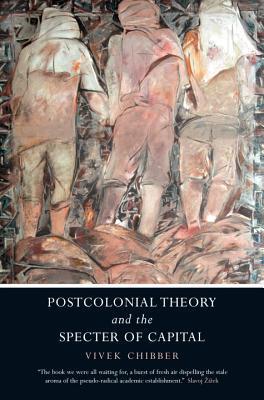What do you think?
Rate this book


306 pages, Paperback
First published February 12, 2013
Postcolonial theory is a diffuse and nebulous body of thought. I have focused on Subaltern Studies because it is acknowledged, both by its leading exponents and by commentators, as the most successful exemplar of postcolonial theorizing in historical and social analysis. My premise has been that if the theory has real value for social analysis—in a domain beyond its home in literary theory—then this value should be apparent in the work of those historians most famously associated with it. Furthermore, and to its credit, the Subaltern Studies project has produced a body of work that is quite tightly wrapped around a shared set of assumptions and propositions.
The history of Marxian analysis in the twentieth century is the history of doing just this—understanding the specificity of the East. There is probably no project to which Marxist theorists have devoted more energy and time since the first Russian Revolution of 1905 than to understand the peculiar effects of capitalist development in the non-West. Perhaps this seems shocking at first blush, especially in light of the unceasing claims from postcolonial theory to the contrary. The fact is, owing to the peculiar fate of socialist movements namely, that they gained the most traction in the less- developed parts of the world—Marxists were driven from the outset to train their lenses on the backwaters of global capital, every bit as much as on the developed West. If we draw up a list of the main theoretical innovations to come out of the Marxist tradition after Marx's death, we see that many of them are attempts to theorize capitalism in backward settings: in the first half of the century, there was Lenin's theory of imperialism and the "weakest link," his analysis of agrarian class differentiation, Kautsky's work on the agrarian question, Trotsky's theory of uneven and combined development, Mao's theory of New Democracy, Gramsci's distinction between state legitimacy in Eastern and Western Europe. All of these were attempts to understand social reproduction in parts of the world where capitalism was not working in exactly the way Marx described it in Capital. In the years of the New Left, there came dependency theory, world-systems theory, Cabral's work on the African revolutionary path, the theory of the articulation of modes of production, the Indian "modes of production" debate and the list goes on.
I mention this in part because Marxism is the favorite target of postcolonial theorists' accusations against the Enlightenment tradition.